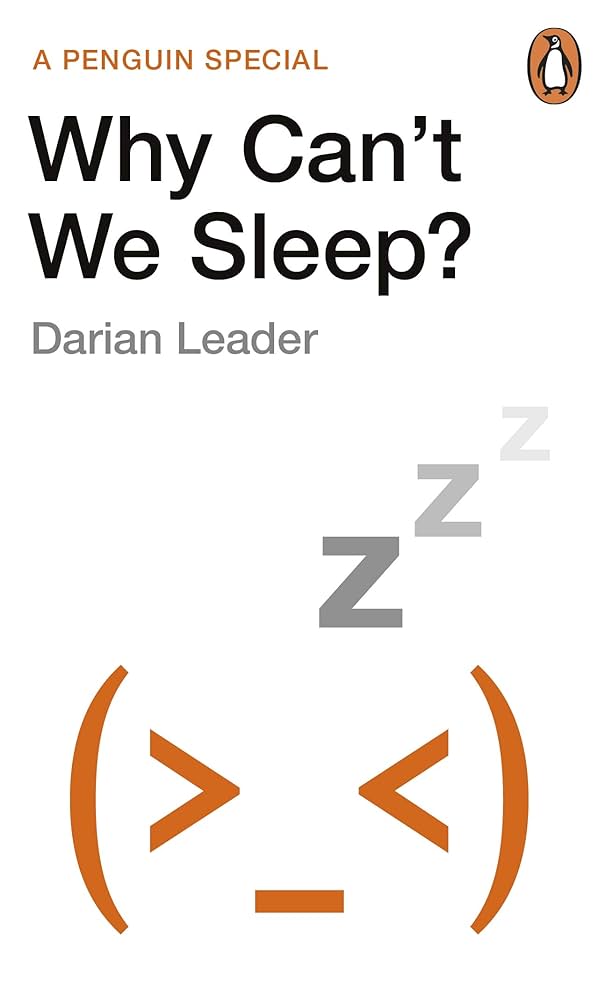Format: Paperback. You can purchase it on Amazon.com
- Publisher: Penguin Books Ltd.
- Publication date: 2019
- Language: English
- Print length: 210 pages
- ISBN-13: 978-0241984437
It is also available in audiobook format.
The Hungarian edition was published by Typotex Publishing Ltd. in 2025 and can be purchased at Typotex.
Among the horrors of the world—such as the tabloid press, Hollywood, or the atomic bomb—there is one that cannot be blamed on the Hungarians: the alarm clock. Alarm clocks began to be used in monasteries in the 12th–13th centuries to wake monks for early morning prayers. This device commits violence against sleep, and the Industrial Revolution extended this violence to the whole of society through the introduction of standardized working hours. Before that, people slept in a distinctive two-phase pattern, not in a single stretch.
Today, the cult of success governs sleep as well: quality sleep has become an expectation. Those who fail to meet the ideal standard are supplied by the market with all sorts of purchasable tools: “smart” pillows, pills, and sleep-control apps. It is painfully comical when someone cannot fall asleep because they are scrolling through premium mattress ads on their phone. According to psychoanalyst Darian Leader, consumer society confuses the mattress with the soulmate and turns sleep into a competitive sport. He argues that eight hours of sleep is a new capitalist invention, a cultural norm rather than an eternal biological necessity. In earlier times, nighttime wakefulness was considered natural: people often read, prayed, or conversed during these periods. Today, however, it is regarded as a defect, and some sleep researchers warn of a catastrophic “insomnia epidemic” threatening society that must be fought at all costs.
Leader harshly criticizes researchers for tearing the subject out of their personal and social context and reducing the phenomenon of sleep to the study of electrical signals in the brain. Psychoanalysis is often criticized for not being an exact science. Leader cleverly turns the accusation around: can we really accept as scientific those measurements that eliminate most of the relevant factors? He returns to Freud to show that sleep is the stage on which the unconscious operates.
According to him, dreams and the deeper contents of dreaming—the unconscious desires, guilt, fears, work stress, expectations, financial circumstances, unresolved emotional states, and relationships—all form part of the story. If we want to sleep well, we must face these issues and also let go of the compulsion for eight hours of uninterrupted “good sleep.” Psychotherapy or self-knowledge may help with this, but no miracle mattress will protect us from these demons.
We must change our attitude: do not despair, do not turn nighttime awakenings into a problem, and do not treat sleep as a task to be completed. Accept that between periods of sleep there may be awakenings, sleepless intervals, and that restlessness is sometimes part of sleep itself. In such cases, don’t keep checking the clock or fiddling with your phone! Rather, read this book and remember: the key to good sleep is not to cling rigidly to expectations, but to accept your own life as it is.

